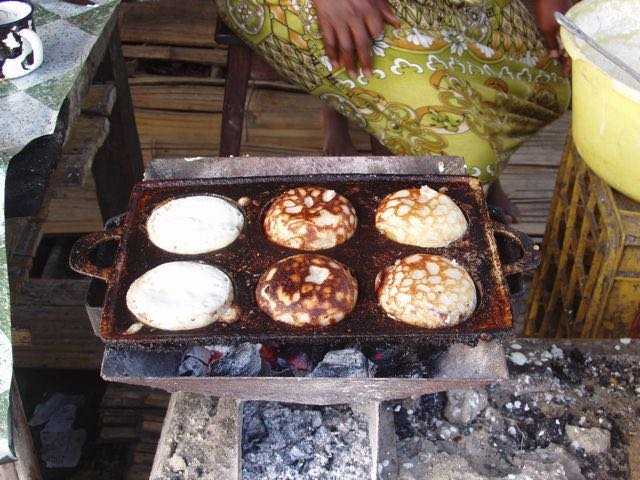By Catherine Craig | President, CPALI
We need a new approach! How do we know? While the SEPALI staff enjoys eating insects, the farmers we work with are not eager to integrate insects into their diets – why? We suspect that the newness of it all but a major issue is that the farmers we work with are more interested in earning money than improving the nutritional value of their food. As long as there is enough rice, they feel satisfied. Rice, of course, cannot provide all the nutrients that are needed by the human body – especially protein and iron. We had hoped that the money earned from silk farming would provide sufficient stimulus for farming insects, but we discovered that developing local markets for insect foods was going to be difficult with our current capacity.
What to do? One of us (C.L. Craig) attended the International Congress of Entomology in Florida not only to report on the CPALI/SEPALI project, but also to learn about the efforts of others to introduce insects for food. In particular, we were searching for individuals who might help us. At the meeting, we meet two, Jarrod Goldin and Brian Fisher.
Jarrod Goldin is one of the founders of Entomo Farms, a Canadian company that has established a successful insect farming operation and currently ships a variety of insect products including BBQ and honey mustard crickets, and Fire and Brimstone mealworms! They also produce cricket flour and even provide recipes for cricket blueberry crumble and cricket floured, deep-fried pickles. Although I am a vegetarian, I made an exception so I could personally attest to the deliciousness of Entomo Farm’s products – indeed they are tasty.
Brian Fisher is founder of the California Academy of Sciences Biodiversity Center on the island. He has worked in Madagascar for over 18 years exploring the diverse habitats of insects and become committed to farming them to mitigating severe hunger. Brian is organizing two meetings in 2017, one to discuss where insect conservation measures are most needed and one to discuss where an insect farming operation is most needed.
The role of CPALI/SEPALI has been to bring potential partners to the table and look for new team members including investors. We greatly appreciate our Global Giving donors that have allowed us to try to implement this project. We haven't hit the right combination of approaches but we are determined to make commercial farming of endemic insects for food a reality in Madagsacar.
Thank you for your faith and support.
Links:
Project reports on GlobalGiving are posted directly to globalgiving.org by Project Leaders as they are completed, generally every 3-4 months. To protect the integrity of these documents, GlobalGiving does not alter them; therefore you may find some language or formatting issues.
If you donate to this project or have donated to this project, you can recieve an email when this project posts a report. You can also subscribe for reports without donating.

